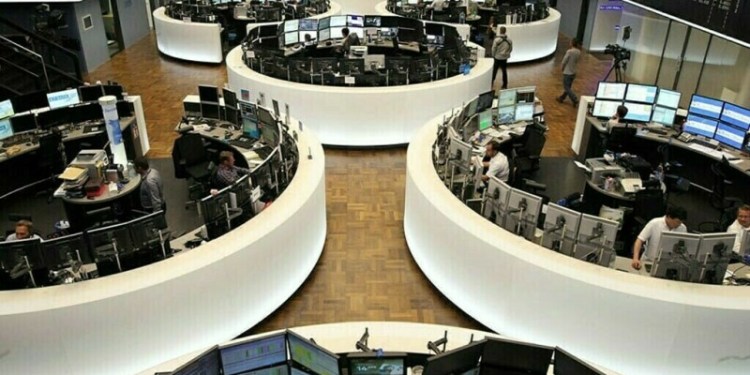PARIS: European wheat futures were higher on Monday, supported by a dip in the euro after it hit a three-year top against the dollar at the end of last week.
Trading was light, with a market closure in the United States for the Presidents Day holiday removing the usual impetus for Euronext.
May milling wheat on Paris-based Euronext was up 1.00 euro, or 0.6 percent, at 162.00 euros ($200.78) a tonne by 1639 GMT.
The euro pulled further away from Friday’s three-year high against the dollar, making euro-denominated commodities slightly cheaper in dollar-priced international markets.
Algeria called a tender to buy wheat, with a bidding deadline on Tuesday. The tender will provide another test for French wheat in its main overseas market against growing competition from Argentine supplies.
Export sentiment remained negative in the European wheat market given sluggish shipments so far this season, with the euro’s recent strength exacerbating competition from cheaper origins such as Russia.
“The strength of the euro in the past week is a blow to export prospects as Russian wheat continues to flow into world markets in large volumes,” one German trader said.
Wheat cash market premiums in Hamburg were little changed in slack demand. Standard bread wheat with 12 percent protein content for February delivery in Hamburg was offered for sale little changed at around 5.5 to 5.25 euros over Paris March.
Attention in grain markets in Europe was focused on barley after Saudi Arabia announced the purchase of a hefty 960,000 tonnes of feed barley for April/May arrival.
In Germany, barley for February/May delivery in Hamburg rose 1 euro to 166 euros a tonne and was priced about the same as wheat, while in France barley cash premiums stayed above those for wheat.
“I think about three to four shipments in the Saudi purchase will be sourced from Germany but competition is tough and a good share of the business could come from France, Australia and the Black Sea,” another trader said.
However, traders in France and Germany said price reaction to the Saudi purchase may have been limited by the fact some exporters had already booked barley before the tender.
Source: Brecorder.com



























